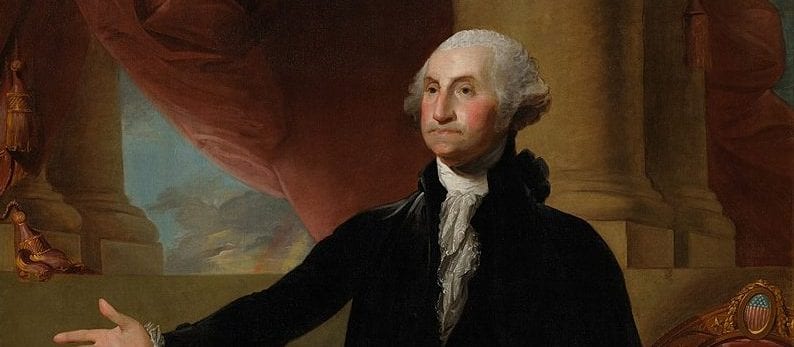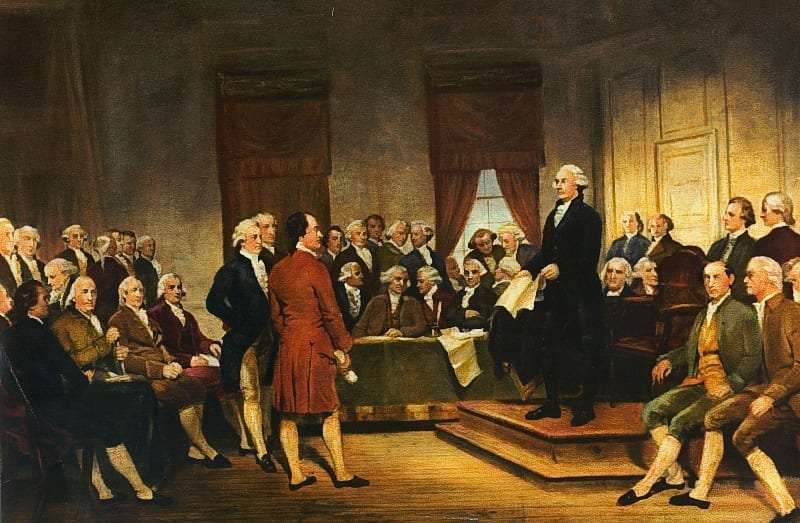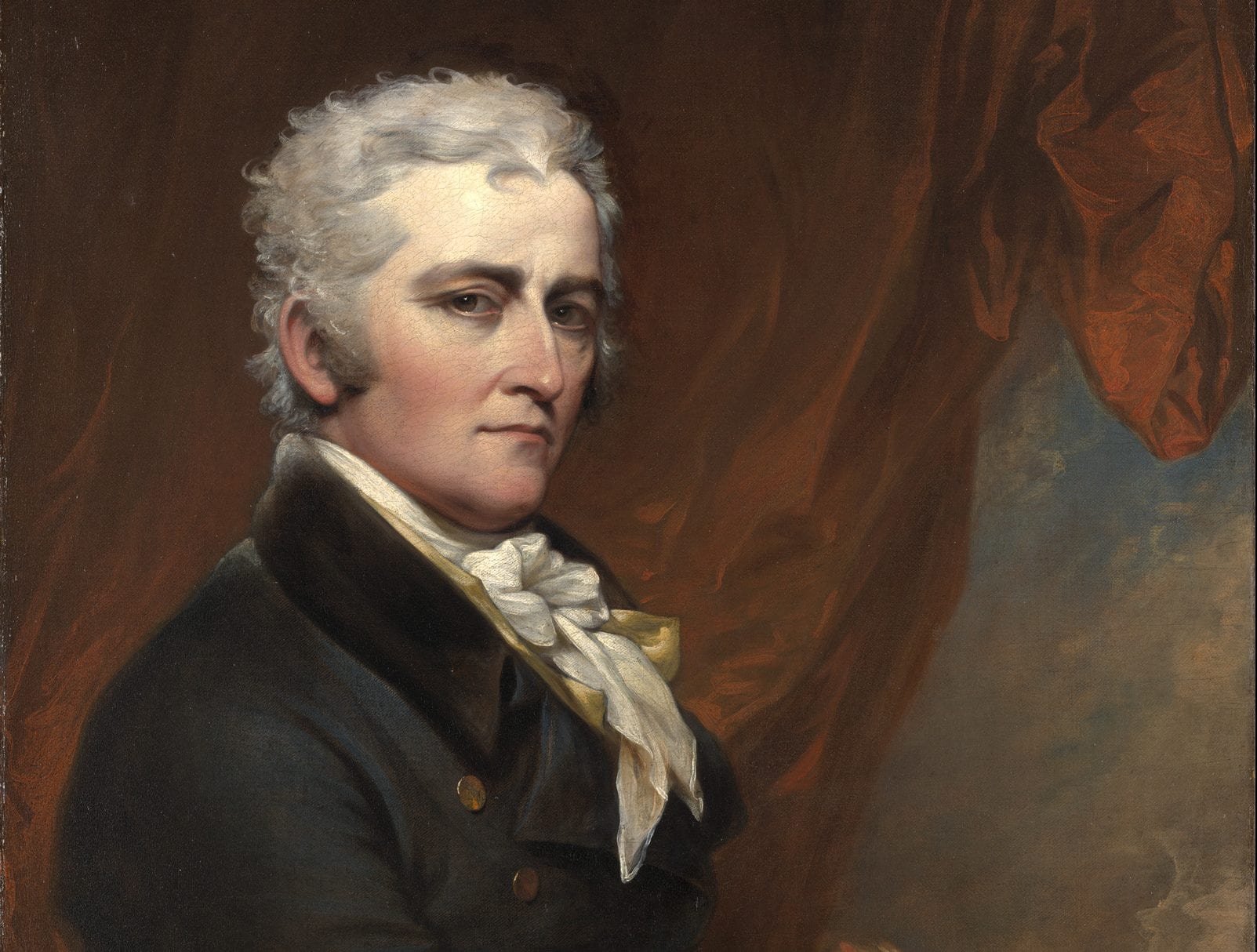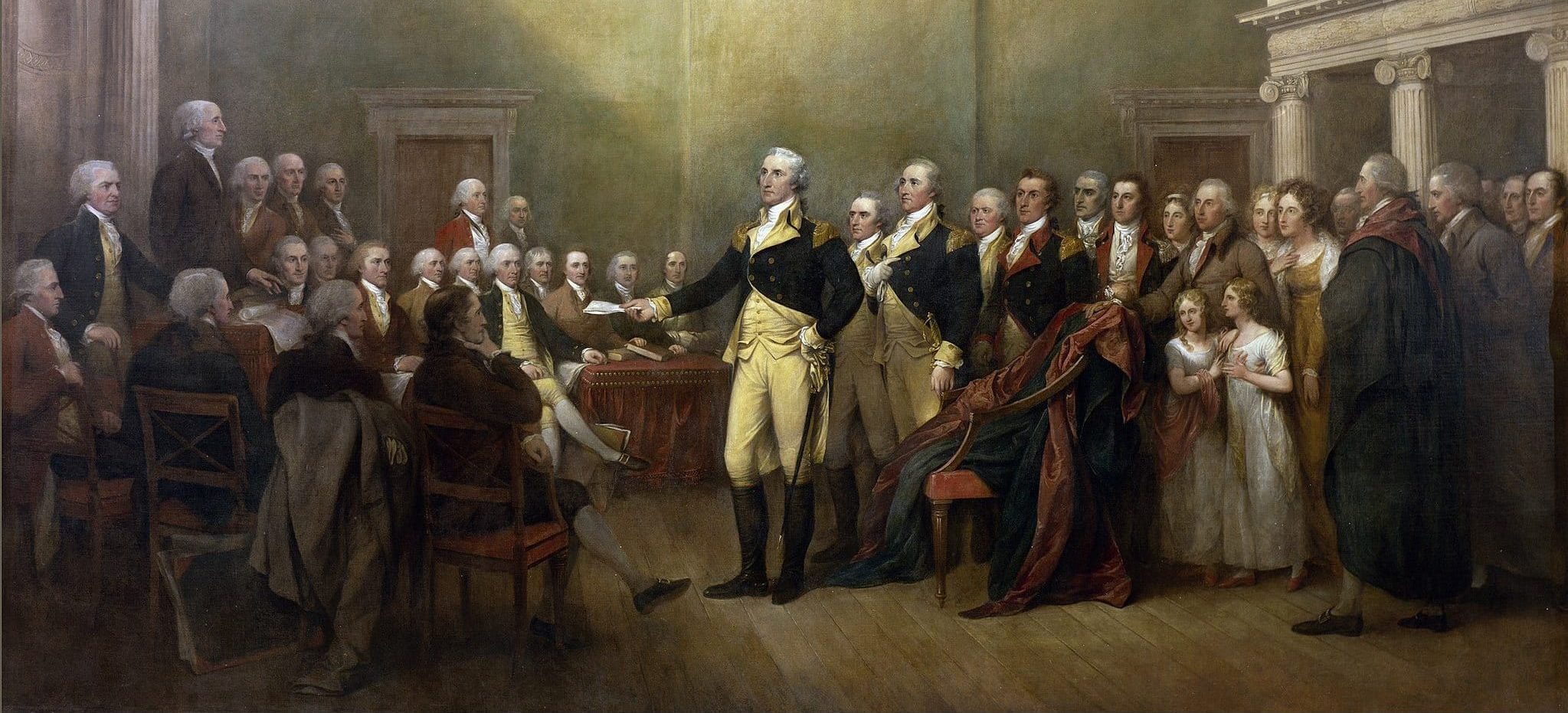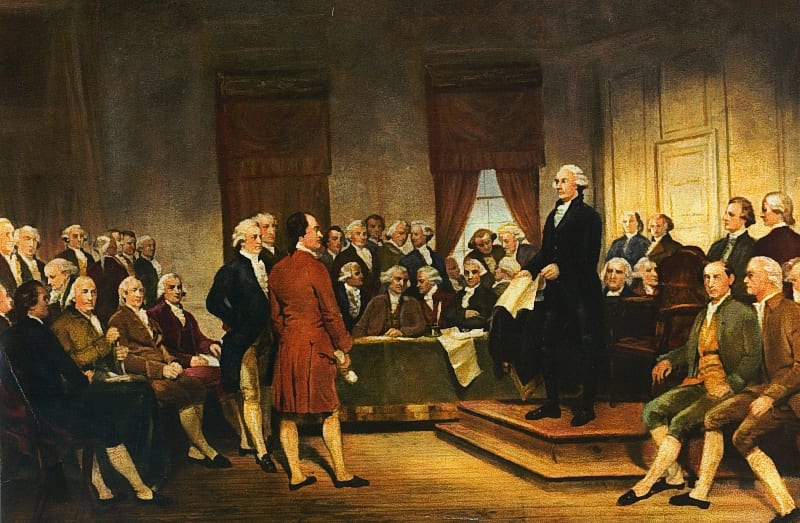


No related resources
Introduction
Although a number of states ratified the Constitution relatively quickly and by large margins, Antifederalists mounted a vigorous opposition to ratification, in New York and Virginia especially. To defend the Constitution against these critics and boost support for ratification among the public and in state ratifying conventions, Alexander Hamilton (1755/1757–1804), James Madison (1751–1836), and John Jay (1745–1829) joined forces to write eighty-five essays under the pseudonym Publius that together became known as The Federalist.
In Federalist 39, James Madison, writing as Publius, argued that the Constitution was consistent with republican principles and (in the portion excerpted here) that it struck an appropriate balance of national and federal elements. Madison was particularly intent on responding to Antifederalist arguments that the Constitution would lead to “a consolidation of the states.” In this part of the essay, Madison considered systematically the various elements of the Constitution and analyzed the degree to which they were consistent with a national, or rather a federal, government.
Litigants, judges, and other public officials and participants in constitutional debates (see, for instance, Printz v. United States) have drawn on a number of arguments Madison advanced in Federalist 39, focusing in part on his description of the framing of the Constitution, which he considered “a federal and not a national act.” As he argued, “Each state in ratifying the constitution, is considered as a sovereign body independent of all others, and only to be bound by its own voluntary act.”
Madison also considered the degree to which each of the various governing institutions reflected the federal character of the new government. The House was a national institution because it derived its power from the people “represented in the same proportion, and on the same principle, as they are in the legislature of a particular state.” The Senate, by contrast, was federal because its members were selected by state legislatures and represented the equal power of the states. The executive comprised both federal and national elements. Each state’s Electoral College votes would be determined by the number of senators (federal) and representatives (national). Additionally, the failure of any candidate to secure a majority of electoral votes, which Madison expected to happen often, would leave the ultimate selection to be made by the House, “which consists of the national representatives,” but in this case each state delegation would have one vote for president, making the representatives, like senators, represent their state.
Regarding the extent of the federal government’s powers, Madison argued that they were enumerated and hence limited, leaving “to the several states a residuary and inviolable sovereignty over all other objects.” He went on to make clear his expectation that the federal judiciary would play a prominent role in adjudicating the balance of power between federal and state jurisdictions.
Source: “The Federalist Number 39, [16 January] 1788,” Founders Online, National Archives, https://founders.archives.gov/documents/Madison/01-10-02-0234.
... But it was not sufficient, say the adversaries of the proposed constitution, for the convention to adhere to the republican form. They ought with equal care, to have preserved the federal form, which regards the union as a confederacy of sovereign states; instead of which, they have framed a national government, which regards the union as a consolidation of the states. And it is asked by what authority this bold and radical innovation was undertaken. The handle which has been made of this objection requires that it should be examined with some precision.
Without inquiring into the accuracy of the distinction on which the objection is founded, it will be necessary to a just estimate of its force, first to ascertain the real character of the government in question; secondly, to inquire how far the convention were authorized to propose such a government; and thirdly, how far the duty they owed to their country could supply any defect of regular authority.
First. In order to ascertain the real character of the government it may be considered in relation to the foundation on which it is to be established; to the sources from which its ordinary powers are to be drawn; to the operation of those powers; to the extent of them; and to the authority by which future changes in the government are to be introduced.
On examining the first relation, it appears on one hand that the constitution is to be founded on the assent and ratification of the people of America, given by deputies elected for the special purpose; but on the other that this assent and ratification is to be given by the people, not as individuals composing one entire nation; but as composing the distinct and independent states to which they respectively belong. It is to be the assent and ratification of the several states derived from the supreme authority in each state, the authority of the people themselves. The act therefore establishing the constitution will not be a national but a federal act.
That it will be a federal and not a national act, as these terms are understood by the objectors, the act of the people as forming so many independent states, not as forming one aggregate nation is obvious from this single consideration, that it is to result neither from the decision of a majority of the people of the union, nor from that of a majority of the states. It must result from the unanimous assent of the several states that are parties to it, differing no other wise from their ordinary assent than in its being expressed, not by the legislative authority, but by that of the people themselves. Were the people regarded in this transaction as forming one nation, the will of the majority of the whole people of the United States would bind the minority; in the same manner as the majority in each state must bind the minority; and the will of the majority must be determined either by a comparison of the individual votes; or by considering the will of the majority of the states, as evidence of the will of a majority of the people of the United States. Neither of these rules has been adopted. Each state in ratifying the constitution, is considered as a sovereign body independent of all others, and only to be bound by its own voluntary act. In this relation then the new constitution will, if established, be a federal and not a national constitution.
The next relation is to the sources from which the ordinary powers of government are to be derived. The House of Representatives will derive its powers from the people of America, and the people will be represented in the same proportion, and on the same principle, as they are in the legislature of a particular state. So far the government is national, not federal. The Senate on the other hand will derive its powers from the states, as political and co-equal societies; and these will be represented on the principle of equality in the senate, as they now are in the existing Congress. So far the government is federal, not national. The executive power will be derived from a very compound source. The immediate election of the president is to be made by the states in their political characters. The votes allotted to them are in a compound ratio, which considers them partly as distinct and co-equal societies; partly as unequal members of the same society. The eventual election, again is to be made by that branch of the legislature which consists of the national representatives; but in this particular act, they are to be thrown into the form of individual delegations from so many distinct and co-equal bodies politic.
From this aspect of the government, it appears to be of a mixed character, presenting at least as many federal as national features.
The difference between a federal and national government, as it relates to the operation of the government, is, by the adversaries of the plan of the convention, supposed to consist in this, that in the former, the powers operate on the political bodies composing the confederacy, in their political capacities; in the latter, on the individual citizens composing the nation, in their individual capacities. On trying the constitution by this criterion, it falls under the national, not the federal character; though perhaps not so completely as has been understood. In several cases, and particularly in the trial of controversies to which states may be parties, they must be viewed and proceeded against in their collective and political capacities only. But the operation of the government on the people in their individual capacities, in its ordinary and most essential proceedings, will on the whole, in the sense of its opponents, designate it in this relation a national government.
But if the government be national with regard to the operation of its powers, it changes its aspect again when we contemplate it in relation to the extent of its powers. The idea of a national government involves in it, not only an authority over the individual citizens, but an indefinite supremacy over all persons and things, so far as they are objects of lawful government. Among a people consolidated into one nation, this supremacy is completely vested in the national legislature. Among communities united for particular purposes, it is vested partly in the general, and partly in the municipal legislatures. In the former case, all local authorities are subordinate to the supreme; and may be controlled, directed, or abolished by it at pleasure. In the latter, the local or municipal authorities form distinct and independent portions of the supremacy, no more subject within their respective spheres to the general authority, than the general authority is subject to them within its own sphere. In this relation then, the proposed government cannot be deemed a national one; since its jurisdiction extends to certain enumerated objects only, and leaves to the several states a residuary and inviolable sovereignty over all other objects. It is true that in controversies relating to the boundary between the two jurisdictions, the tribunal which is ultimately to decide, is to be established under the general government. But this does not change the principle of the case. The decision is to be impartially made, according to the rules of the constitution; and all the usual and most effectual precautions are taken to secure this impartiality. Some such tribunal is clearly essential to prevent an appeal to the sword, and a dissolution of the compact; and that it ought to be established under the general, rather than under the local governments; or to speak more properly, that it could be safely established under the first alone, is a position not likely to be combated.
If we try the constitution by its last relation, to the authority by which amendments are to be made, we find it neither wholly national nor wholly federal. Were it wholly national, the supreme and ultimate authority would reside in the majority of the people of the union; and this authority would be competent at all times, like that of a majority of every national society, to alter or abolish its established government. Were it wholly federal on the other hand, the concurrence of each state in the union would be essential to every alteration that would be binding on all. The mode provided by the plan of the convention is not founded on either of these principles. In requiring more than a majority, and particularly, in computing the proportion by states, not by citizens, it departs from the national, and advances toward the federal character: In rendering the concurrence of less than the whole number of states sufficient, it loses again the federal, and partakes of the national character.
The proposed constitution therefore, even when tested by the rules laid down by its antagonists, is in strictness, neither a national nor a federal constitution; but a composition of both. In its foundation it is federal, not national; in the sources from which the ordinary powers of the government are drawn, it is partly federal, and partly national; in the operation of these powers, it is national, not federal; in the extent of them again, it is federal, not national; and finally, in the authoritative mode of introducing amendments, it is neither wholly federal nor wholly national.
Brutus IX
January 17, 1788
Conversation-based seminars for collegial PD, one-day and multi-day seminars, graduate credit seminars (MA degree), online and in-person.




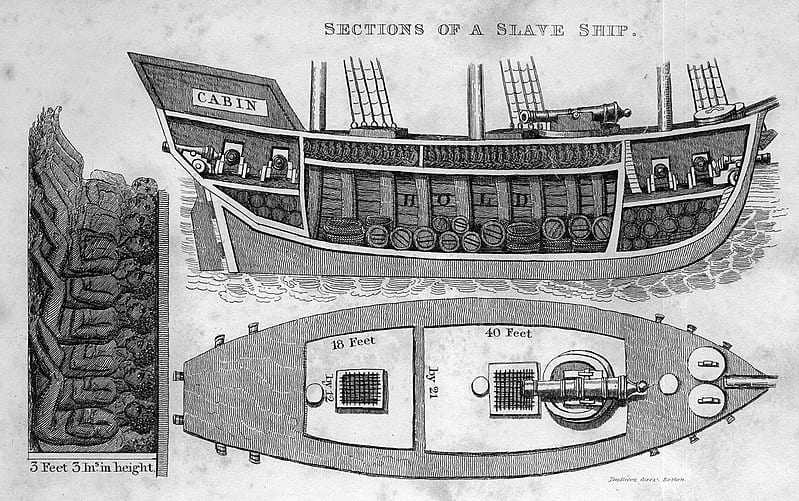







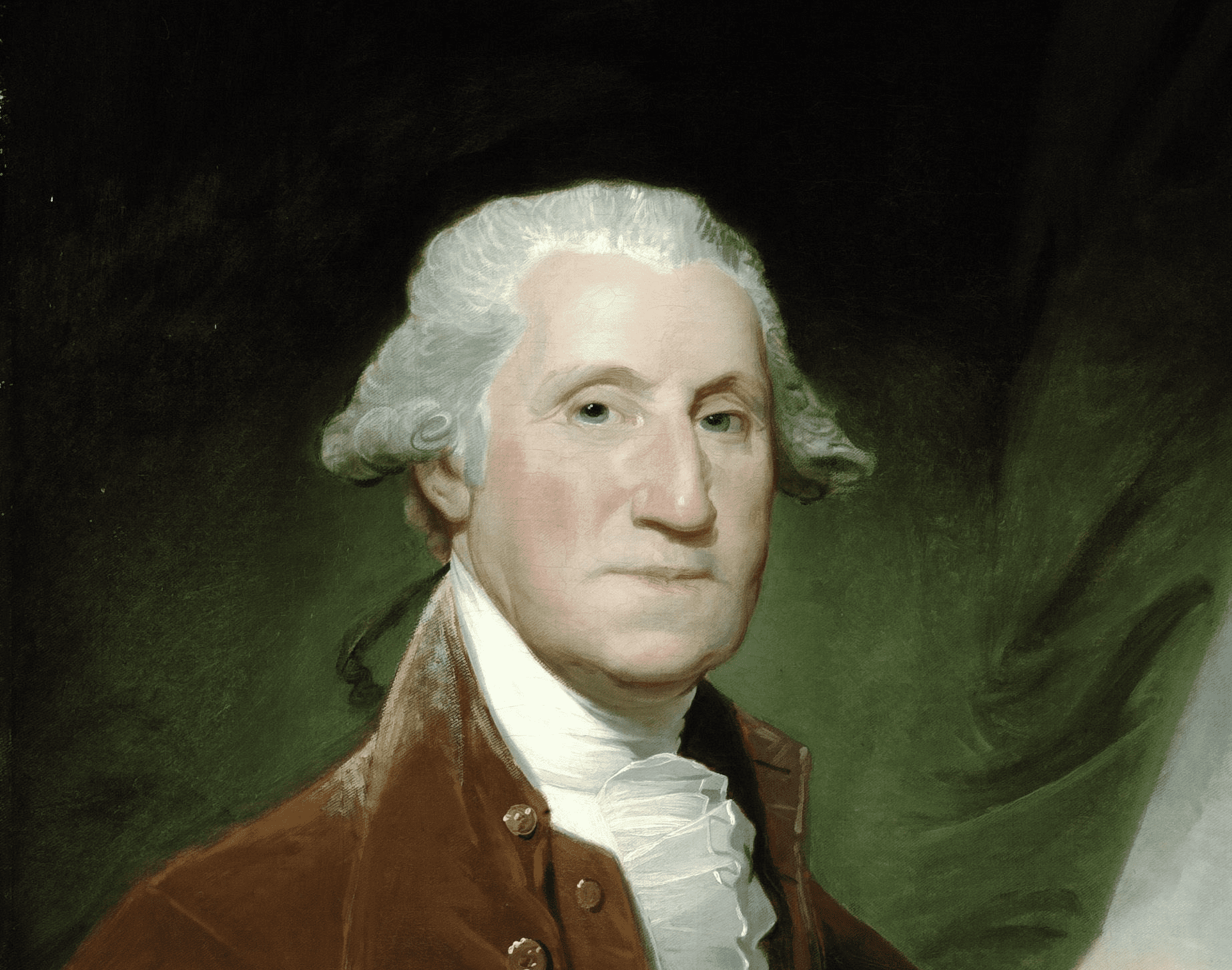
















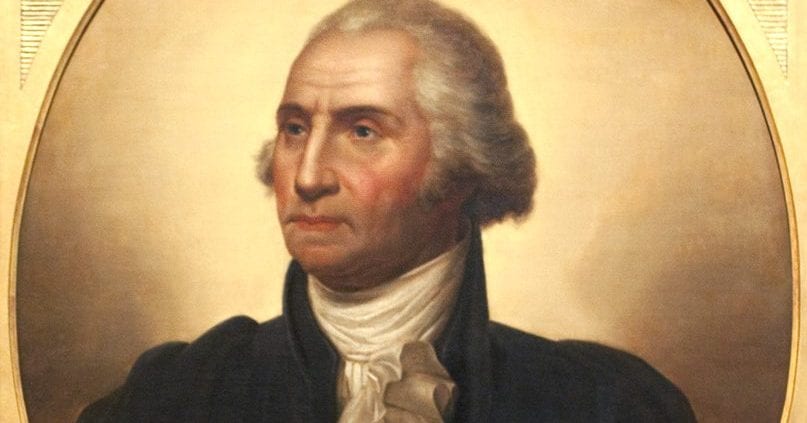


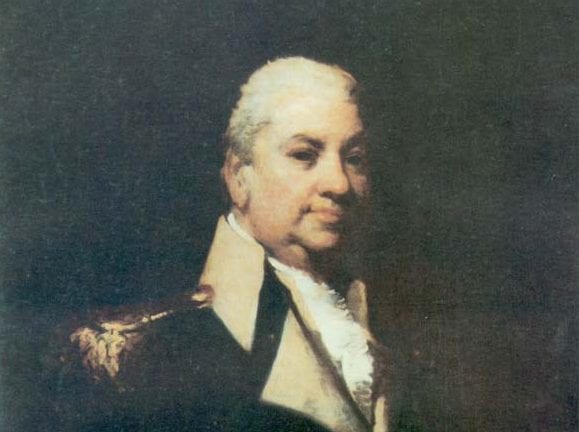




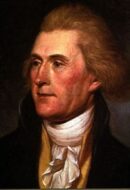














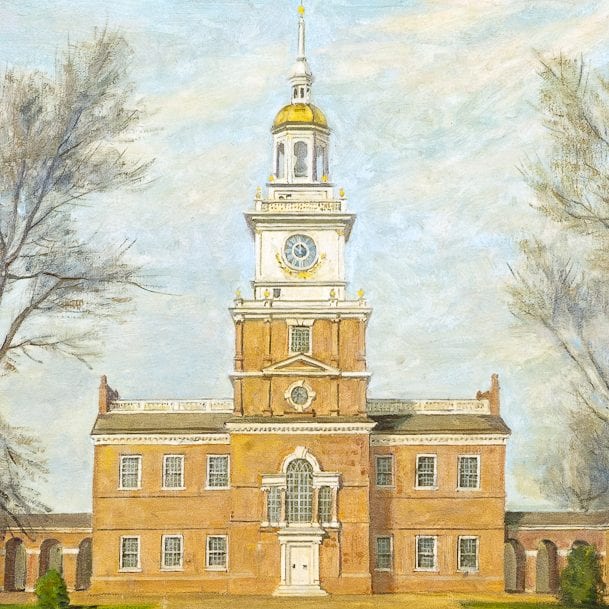

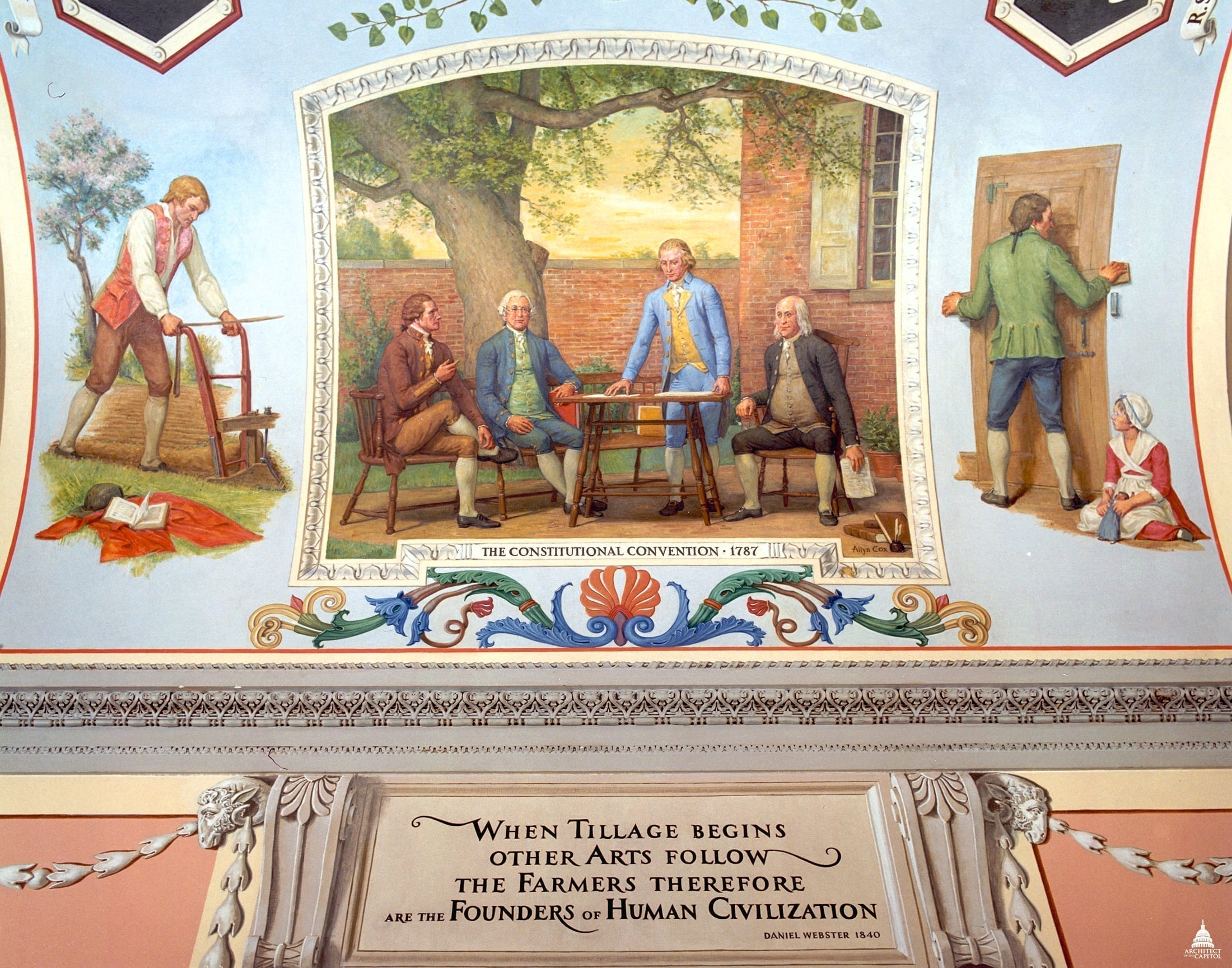

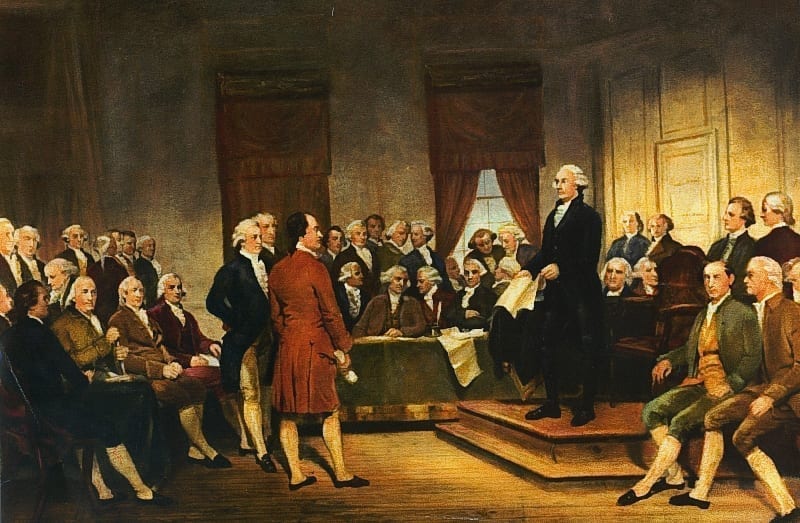



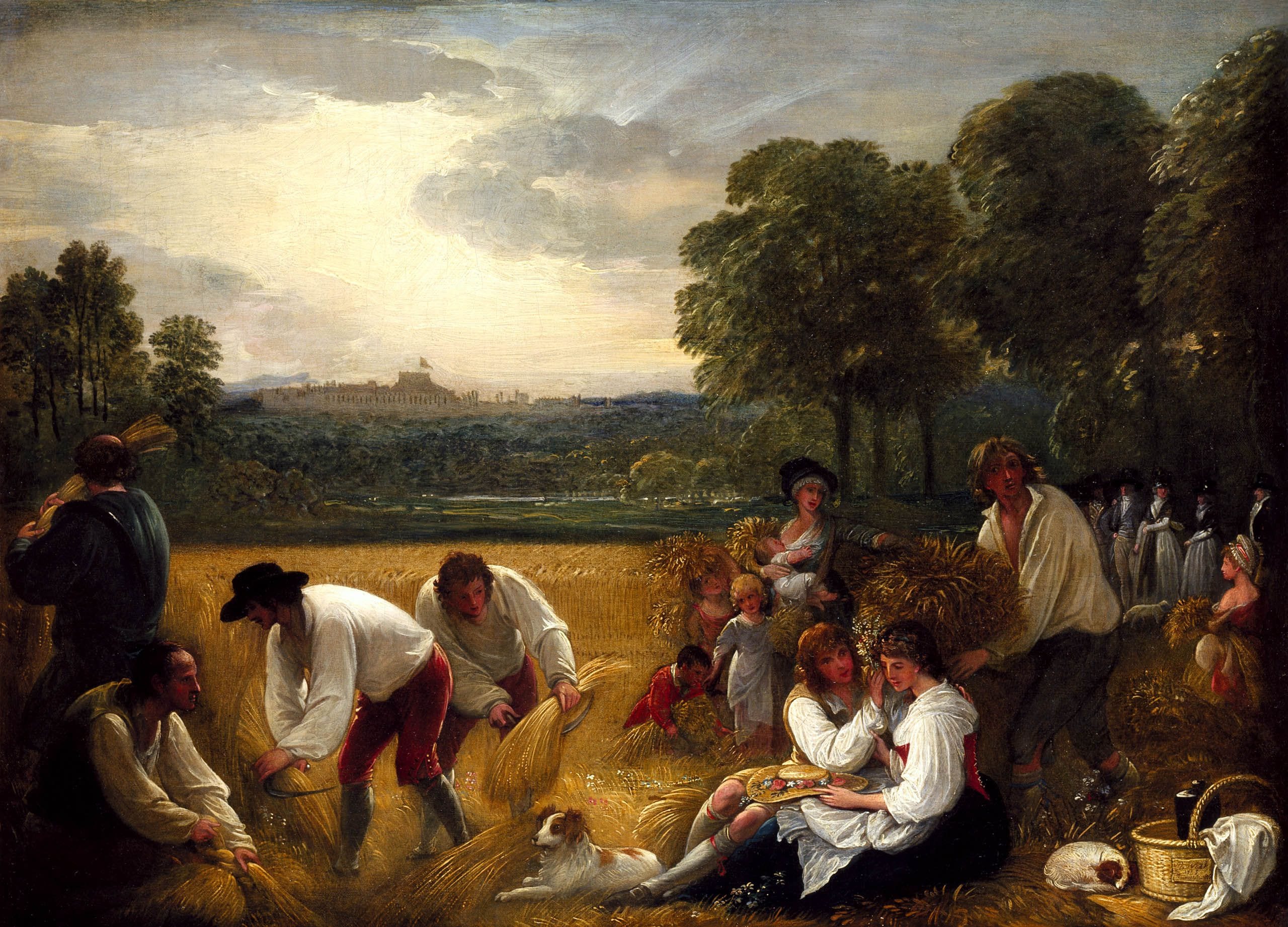
















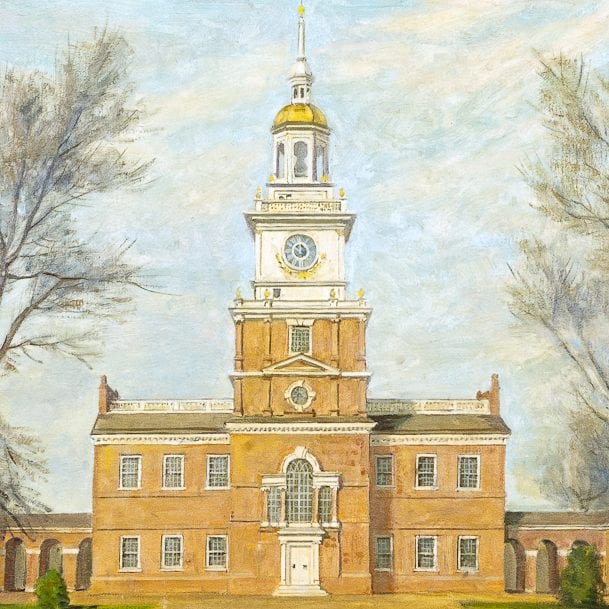
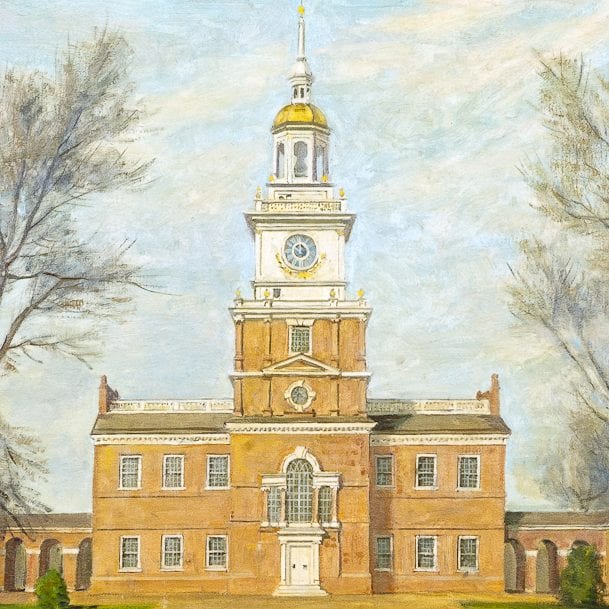

































































































![Finley, A. (1829) Pennsylvania. Philada. [Map] Retrieved from the Library of Congress, https://www.loc.gov/item/98688548/.](/content/uploads/2024/02/Map-of-PA--273x190.jpg)






































